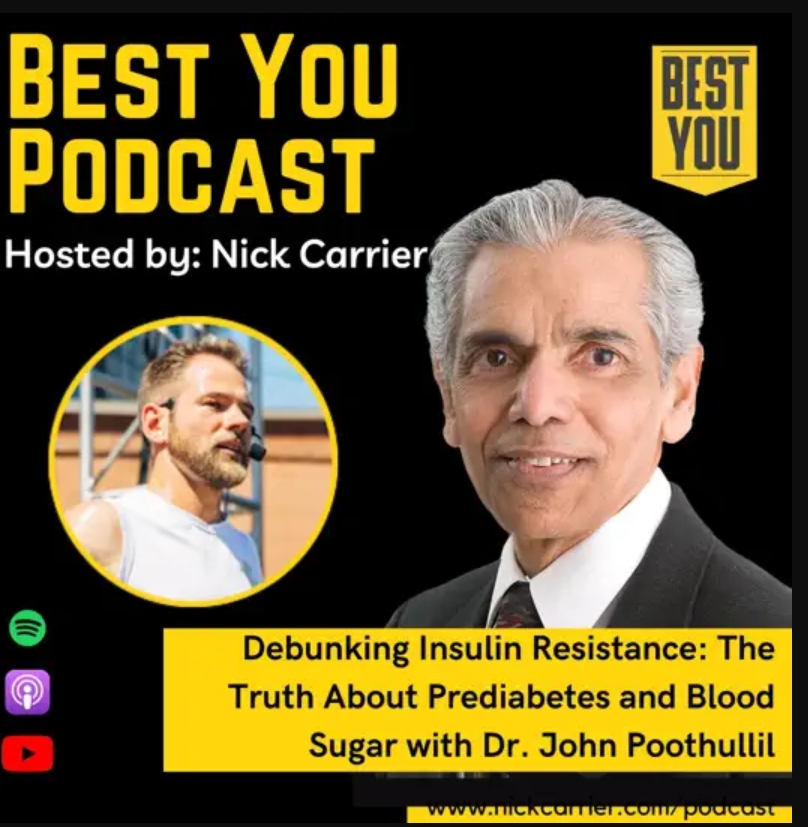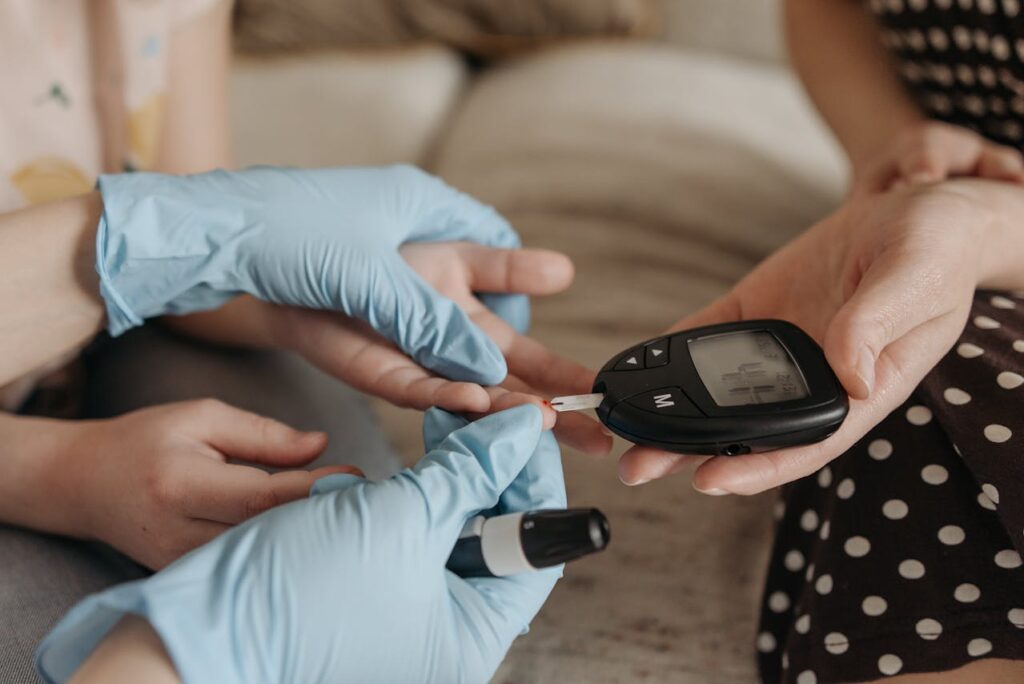The Great American Dilemma: “What Should I Be Eating?”

Are you not sure what you should or should not be eating when diagnosed with either Cancer or Diabetes? This feeling can add to the stress of the holiday season. In this video, I remind you that no one can actually tell you what you need for your own personal nutrition. I do not recommend any specific diet, but rather that you cut down on energy-rich foods such as grains and grain-based products. And I remind you to eat mindfully and let your brain monitor what you eat and how much of it.

Here is an excerpt from “Surviving Cancer” about how you can start training your brain to work for you and your health. Each of my three books touches on this subject because I feel it is truly the path to health and wellness.
*****
To avoid gaining weight, chew slowly and eat mindfully
By eating “mindfully,” meaning slowly and focused on chewing the food in your mouth, you can learn how to stop overeating and, in the process, lose weight. Th e act of eating slowly consists of three different stages.
- First, you experience the qualities of the food in your mouth by taking time to chew it and enjoy the taste.
- Second, you decide whether the food is appealing after enjoying each bite.
- Third, you swallow the food and decide whether to take another bite or stop.
Don’t eat any foods that do not require chewing. Avoid blended, pureed, and liquid foods, for example, even if the proponents claim that they are tasty and you can easily get so many nutrients in that fashion. The basis for my objection to eating foods that do not require chewing is that this makes quantity control arbitrary based on how much is made, served, or is in a container, especially if you feel compelled not to waste food.
The same caution should be exercised when it comes to the consumption of fruits and vegetables. Chew whole fruits even if you have to cut them into pieces when you want to eat fruit. Do not drink fruit juices or blend fruits and vegetables into a smooth consistency to slurp them, for the same reason related to quantity control cited above.
In addition, when you eat, focus on the enjoyment of the experience. Don’t watch TV or get distracted by talking through the entire meal. External activities that you do while eating can cause you to resort to “automatic eating,” taking bite after bite and eating quickly such that you fail to pay attention to the various flavors in the food. When you do this, you are again not giving your brain enough time to register the nutrients, which helps you know when to stop eating.
*****
Sometimes books make the best gift. Why not give life-saving knowledge to a loved one this holiday season?
Eat Chew Live: : 4 Revolutionary Ideas to Prevent Diabetes, Lose Weight and Enjoy Food
If you are overweight or concerned about developing diabetes, Eat Chew Live provides exactly the new science & inspiration you need. Based on more than twenty years of research, Eat Chew Live offers a revolutionary new explanation of high blood sugar and Type 2 diabetes. While traditional medicine says it is due to “insulin resistance,” Dr. Poothullil disagrees. There are no special diets to follow or products to buy. Read the book. Learn how you can lose weight once and for all, eat for health, and prevent diabetes.Diabetes: The Real Cause & The Right Cure. 8 Steps to Reverse Your Diabetes in 8 Weeks
If you have been diagnosed with Type 2 Diabetes, this informative yet easy to use book that will help you or a loved one reverse it in 8 weeks. My plan will also help you to remain diabetes free as you will take this on as a lifestyle. Make better choices and take ownership of your health today.
Surviving Cancer: A New Perspective on Why Cancer Happens & Your Key Strategies for a Healthy Life
This book will be an invaluable resource for anyone who has already been diagnosed with cancer localized to a single site of origin and not yet colonized in another part of the body. It is also for anyone who believes they are at risk of cancer due to heredity, lifestyle, working conditions, stress levels, or for any other reason. And finally, this book is especially important for anyone with Type 2 diabetes, a population that is twice as likely to develop certain types of cancer compared to individuals who do not have diabetes.


